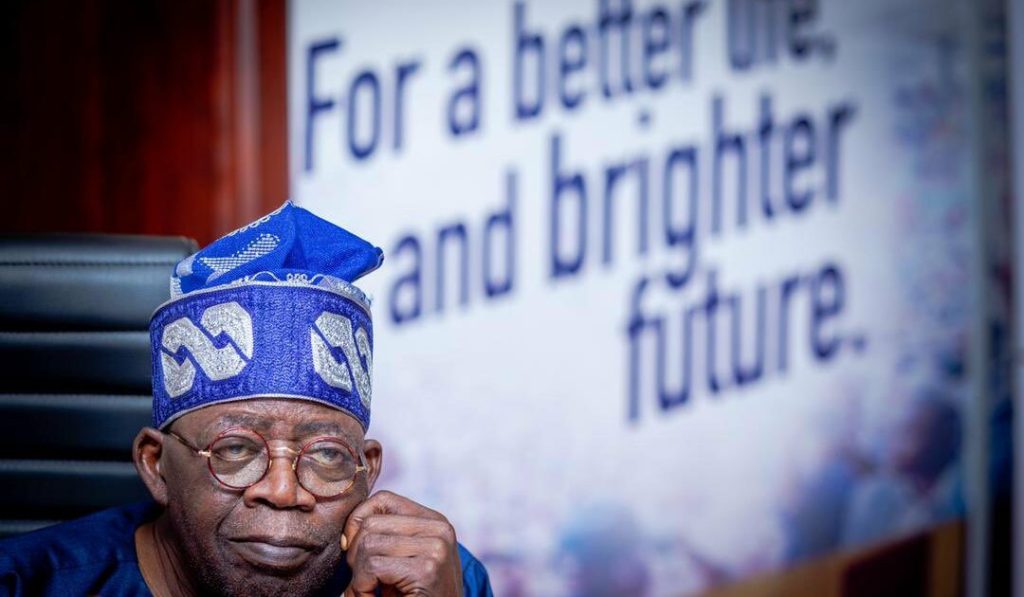The political landscape in Northern Nigeria is witnessing the emergence of a new coalition, but the Chairman of the All Progressives Congress (APC) in Sokoto State, Alhaji Isa Sadiq-Achida, dismisses it as a gathering of inconsequential figures. He argues that these individuals lack the political clout and grassroots support to pose any significant challenge to the APC’s dominance in the region. Sadiq-Achida asserts that Sokoto State alone possesses the electoral strength to counteract any potential gains this nascent coalition might achieve in other parts of Northern Nigeria, ensuring continued support for President Bola Ahmed Tinubu and the APC.
Sadiq-Achida’s critique extends to specific individuals within the coalition, notably former Kaduna State Governor, Nasir El-Rufai. He questions El-Rufai’s political relevance, alleging that the former governor has alienated the people of Southern Kaduna during his tenure, thereby weakening his support base. He also casts doubt on El-Rufai’s ability to mobilize significant votes in future elections, particularly highlighting the alleged suppression of voters in Southern Kaduna during El-Rufai’s governorship. This, according to Sadiq-Achida, renders El-Rufai a negligible force in Kaduna’s political arena.
The Sokoto APC Chairman also takes aim at former Vice President Atiku Abubakar, a prominent opposition figure. He points to internal divisions within Abubakar’s party, the People’s Democratic Party (PDP), and a decline in support in Abubakar’s home state of Adamawa. Sadiq-Achida cites the controversial gubernatorial election in Adamawa, where Senator Aishatu Binani of the APC was initially declared the winner before the result was overturned, as evidence of Abubakar’s waning influence. He further underscores Abubakar’s ongoing conflict with the incumbent Adamawa State Governor and the recent revocation of Abubakar’s traditional title as indicators of his diminishing political stature.
Sadiq-Achida emphasizes the disconnect between the figures leading this Northern coalition and the electorate. He portrays them as “paperweight politicians” who lack genuine grassroots support and are unable to secure victories even in their own polling units. This disconnect, he argues, renders their efforts futile and their coalition ineffective. He dismisses their political maneuvers as mere posturing, emphasizing their inability to translate their ambitions into tangible electoral outcomes. The Chairman underscores the APC’s strong foothold in Sokoto and expresses unwavering confidence in the party’s ability to deliver substantial support for President Tinubu in future elections.
He illustrates his point by referring to the case of former Senator Abubakar Gada, who he accuses of being a disruptive force within the APC before defecting to the Social Democratic Party (SDP) and contesting the 2023 governorship election. Gada’s resounding defeat, securing only a negligible number of votes across the state and failing to win a single polling unit, is presented as further evidence of the coalition’s lack of genuine support. Sadiq-Achida attributes Gada’s political irrelevance to his detachment from the grassroots and his reliance on political patronage rather than genuine connection with the electorate.
Sadiq-Achida’s portrayal of the emerging Northern coalition is one of political insignificance. He depicts its members as lacking the necessary grassroots connections, popular support, and internal cohesion to pose a credible challenge to the ruling APC. He emphasizes the strength of the APC in Sokoto State, projecting it as a bastion of support for President Tinubu, capable of offsetting any gains the coalition might achieve elsewhere in the North. This confident stance underscores the APC’s belief in its continued dominance in the region and dismisses the coalition as a negligible threat.


